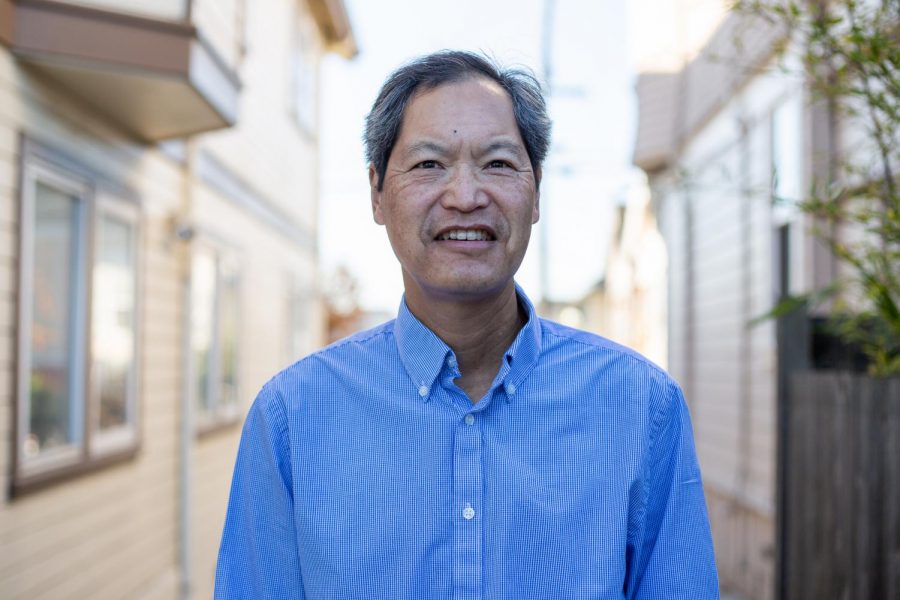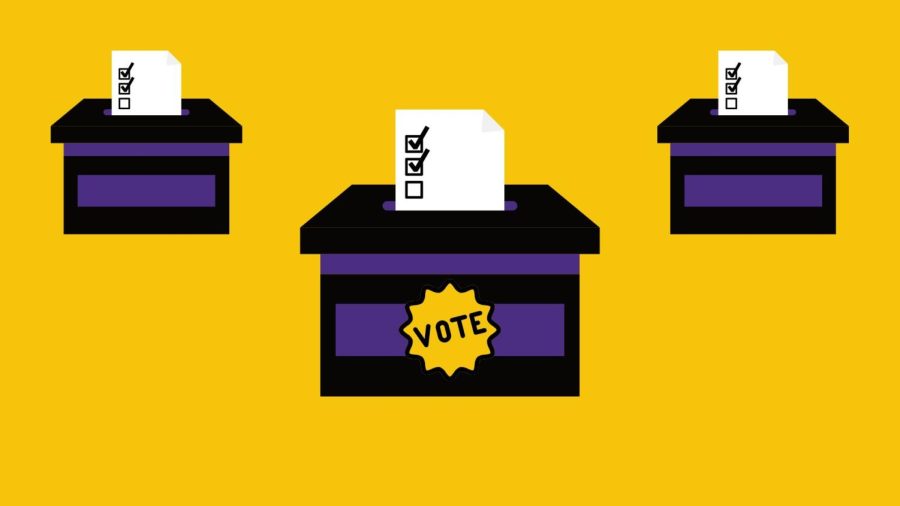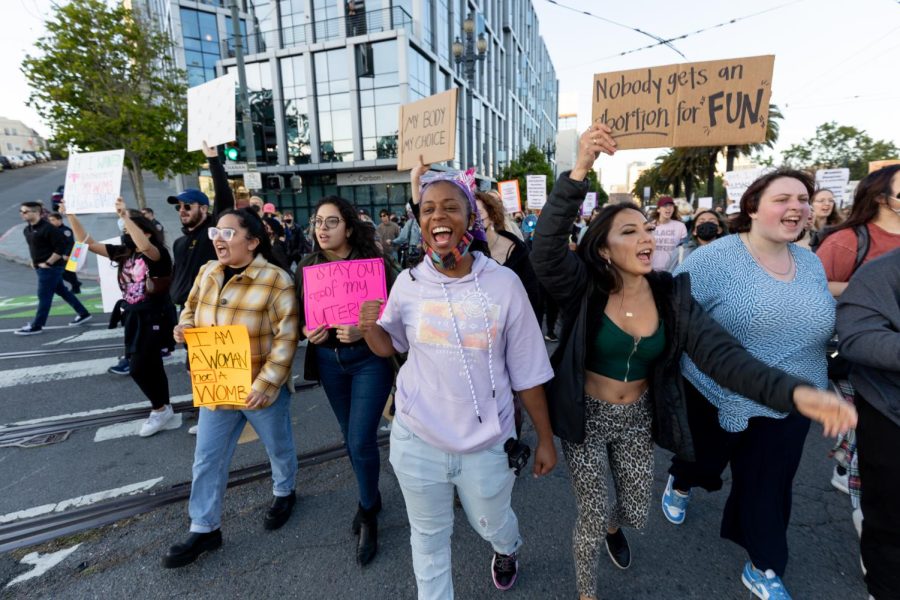For SF State Asian American Studies professor Russell Jeung and his wife, dealing with anti-Asian discrimination during the pandemic has become the norm. Jeung recalled when he was coughed on and felt shunned from others as a result of his identity — and he’s not alone.
Responding to the increase in anti-Asian rhetoric and attacks after government officials used the phrase “China virus,” Jeung co-created the Stop Asian American and Pacific Islander Hate project with the Asian Pacific Policy and Planning Council as well as Chinese for Affirmative Action. Stop APPI Hate has been tracking cases of discrimination against Asian Americans in the nation caused since the first COVID-19 case was detected in Wuhan, China.
Launched in mid-March, Stop APPI Hate continues to consistently reach over 100 responses a day in 47 states. The instances range from verbal harassment, such as yelling “Kung Flu,” to actual physical assaults and hate crimes, including spitting and punching.
“We knew from past epidemics that Asians were met with interpersonal violence and racist policies, and so we wanted to document racism so that we could counter those policies,” Jeung said.
Since the spread of the virus, 2,583 hate incidents directed at Asian Americans across the country have been reported.The Asian Pacific Policy and Planning Council has also received over 1,800 reports of verbal harassment in 45 states and in Washington, D.C.
“When I was at the hardware store with my mom, she started coughing, and this lady started to run away and hide behind a flowerpot when my mom started getting closer to her area,” read an anonymous comment on the Stop APPI Hate Report from Union City, California.
Jeung noted that similarly, many Muslim Americans were subjected to Islamophobic acts of verbal and physical violence following 9/11. This resulted in an increase in recorded assaults, jumping from 12 to 93 incidents per year in the U.S., according to the 2001 FBI hate crimes reports.
Despite these numbers, Calvin Yan, legislative aide to District 3 Supervisor Aaron Peskin, whose district includes Chinatown, said that the supervisor’s office has yet to receive any notices of incidents.
“We haven’t heard of any major incidents in the community aside from what they are hearing online from across the country, but that is not to say that it is not happening in the city,” Yan said in a September interview.
According to the project, seven out of 10 incidents involved verbal harassment, which included racial slurs, name-calling and profanities. Physical assaults made up 9% of the incidents, and women reported discrimination 2.4 times more often than men.
“So it’s clear people are using the coronavirus to harass women more. Other vulnerable populations are also being attacked. Elderly make up one out of nine incidents, and youth make up a large proportion as well,” Jeung said.
SF State student Krysty Shen also contributed to the project by writing the Youth Policy Report, a record of collected information and incidents involving teenagers and children.
“For youth reports, a number of incidents were adults verbally assaulting youth and perpetuating anti-Asian hate. In addition, there were also online incidents where youth experienced anti-Asian rhetoric and perpetrators were not held accountable, especially on anonymous sites,” Shen said.
These reports have gone to numerous media outlets, community groups and government agencies, including House Speaker Nancy Pelosi, who used Stop AAPI Hate data when she voted for a resolution in Congress to further investigate the issue of anti-Asian sentiment as related to COVID-19.
“There’s also civil rights violations reported. So we needed to document these incidents, so that the government could be held accountable and address the racism that Asian Americans are facing during COVID-19,” Jeung said.








Ernie Brill • Nov 21, 2021 at 12:30 pm
This will not decreases but increase and we needed to find more ways to act against it. As an SF STATE alumni (MA ENGLISH 1972) and veteran striker of the 1968-1969 historic student strike against racism, I once again criticize San Francisco State College for – from what I can see – is its wishy washy lukewarm response to recent attacks on Asians and Middle Eastern families, and attacks n particular programs and teachers in the Ethnic Studies Program.
I think there more of a need in the main campus English and History campuses that for fifty years have done, from I can see, as insispid and minimal inclusion of the of histories of people and Asian and the Middle East. And not a single teacher on the campus has ever been able to write a full book about thee most significant political change in higher education in one hundred years- OUR STRIKE IN 1968-169 that created a School of Ethnic Studies that despite numerous advocacies for affordable housing or something else A( what is the something elee- va box Home Depot? Than God we have veteran teachers who can ll muster the energy of Russell Jeung and others. Hope to see you. 69s spring, in solidarity Ernie Brill